Saudi Arabian university taps HPE to build region’s most powerful supercomputer
The supercomputer is set to advance insights in areas including clean combustion, Red Sea ecosystems, climate events, and the Arabian tectonic plate


Hewlett Packard Enterprise (HPE) has been chosen by the King Abdullah University of Science and Technology (KAUST) to build its next-generation supercomputer to deliver supercomputing and artificial intelligence capabilities for research in fields like food, water, energy, and the environment.
The supercomputer, Shaheen III, is set to be 20 times faster than KAUST’s existing system. It will also be the most powerful supercomputer in the Middle East to address critical areas that have a societal and environmental impact, said HPE. The company hopes it will help KAUST process vast amounts of data at immense speed and scale and help users make new discoveries.
Shaheen III will be built using the HPE Cray EX supercomputer which it hopes will allow the university to apply significant computational power towards modelling and simulating scientific problems faster with higher accuracy. It’s designed with 25 HPE Cray EX supercomputer cabinets. The system will be made up of HPE Slingshot networking cables to deliver Ethernet fabric and closed-loop liquid cooling technology to remove heat. Each cabinet will also have 4608 CPU compute nodes, with two AMD EPYC processors, making up 884,736 cores in the entire system.
Through the design of the Shaheen III, HPE aims to help KAUST’s AI-at-scale mission by integrating the HPE Machine Learning Development Environment, an optimised software stack for model training and development. By combining the machine learning software platform with key supercomputing technologies, it hopes that KAUST’s users will be able to easily develop and train AI models faster, and bigger, for increased accuracy.
“The new HPE Cray EX system will allow us to conduct research on a larger scale, resulting in significant scientific, economic and social advances,” said Tony F. Chan, president of KAUST. “In line with Vision 2030, we strive to meet the ever-increasing demands of our active and solutions-driven faculty, and also those of external partners, for faster and more efficient computing resources. KAUST supercomputing resources are used by more than half of our faculty, students, postdoctoral students and researchers, and researchers from more than 20 external organisations in the kingdom.”
The supercomputer is expected to be fully operational in 2023 and will process data sets in areas like clean combustion, Red Sea ecosystems, climate modelling and the Arabian tectonic plate while delivering analyses, models and simulations at a superior level of resolution. It will also be used for the design of new materials for solar photovoltaics, personalised preventative healthcare, the discovery of new medicines, and increased hydrocarbon recovery.
RELATED RESOURCE
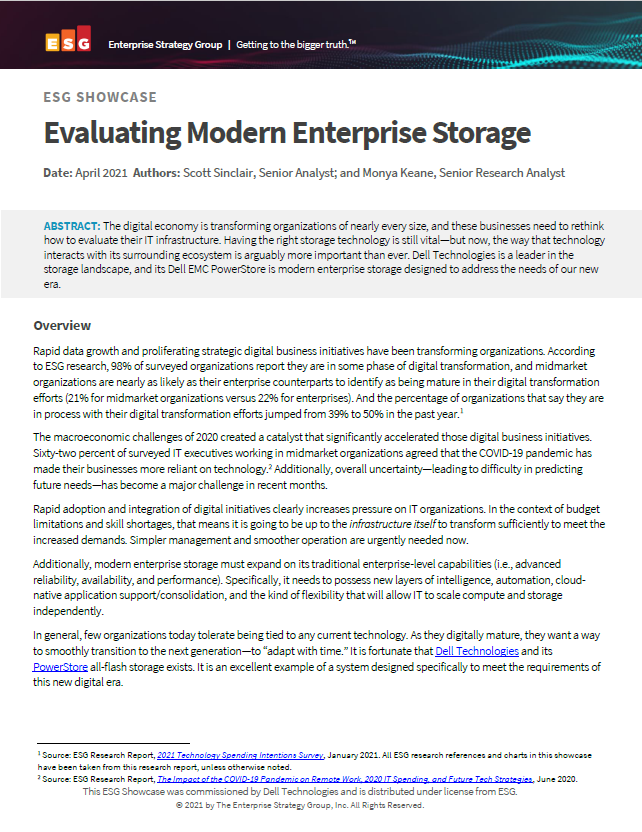
Evaluating modern enterprise storage
Dell EMC PowerStore is modern enterprise storage designed to address the needs of our new era
The Shaheen III, equipped with over 2,800 Nvidia Grace Hopper superchips, is set to be used to develop novel and scalable techniques in core AI fields like deep learning, reinforcement learning, visual computing, and natural language processing. It’s also hoped to deploy AI in science and engineering applications, like computational chemistry, biology and material science, which previously were unfeasible given the large-scale nature of data sets produced and used at KAUST. The supercomputer is expected to deliver 100 petaflop/s of performance and outstanding AI modelling capabilities.
Sign up today and you will receive a free copy of our Future Focus 2025 report - the leading guidance on AI, cybersecurity and other IT challenges as per 700+ senior executives
The Shaheen III is building on the experience of its predecessors, the Shaheen I which was launched in 2009 and the Shaheen II, a Cray-based supercomputer 25 times faster than its predecessor at 5.54 petaflop/s.
“Shaheen II has delivered 6.8 billion computing core hours to more than 1,467 users, resulting in data used in about 1,030 publications to date,” said KAUST Research Computing Core Labs director Dr. Jysoo Lee. “Shaheen III will ensure that the KAUST community will maintain its edge as a world-class university in computational sciences.”
Zach Marzouk is a former ITPro, CloudPro, and ChannelPro staff writer, covering topics like security, privacy, worker rights, and startups, primarily in the Asia Pacific and the US regions. Zach joined ITPro in 2017 where he was introduced to the world of B2B technology as a junior staff writer, before he returned to Argentina in 2018, working in communications and as a copywriter. In 2021, he made his way back to ITPro as a staff writer during the pandemic, before joining the world of freelance in 2022.
-
 Microsoft unveils Maia 200 accelerator, claiming better performance per dollar than Amazon and Google
Microsoft unveils Maia 200 accelerator, claiming better performance per dollar than Amazon and GoogleNews The launch of Microsoft’s second-generation silicon solidifies its mission to scale AI workloads and directly control more of its infrastructure
-
 Infosys expands Swiss footprint with new Zurich office
Infosys expands Swiss footprint with new Zurich officeNews The firm has relocated its Swiss headquarters to support partners delivering AI-led digital transformation
-
 HPE and Nvidia launch first EU AI factory lab in France
HPE and Nvidia launch first EU AI factory lab in FranceNews The facility will let customers test and validate their sovereign AI factories
-
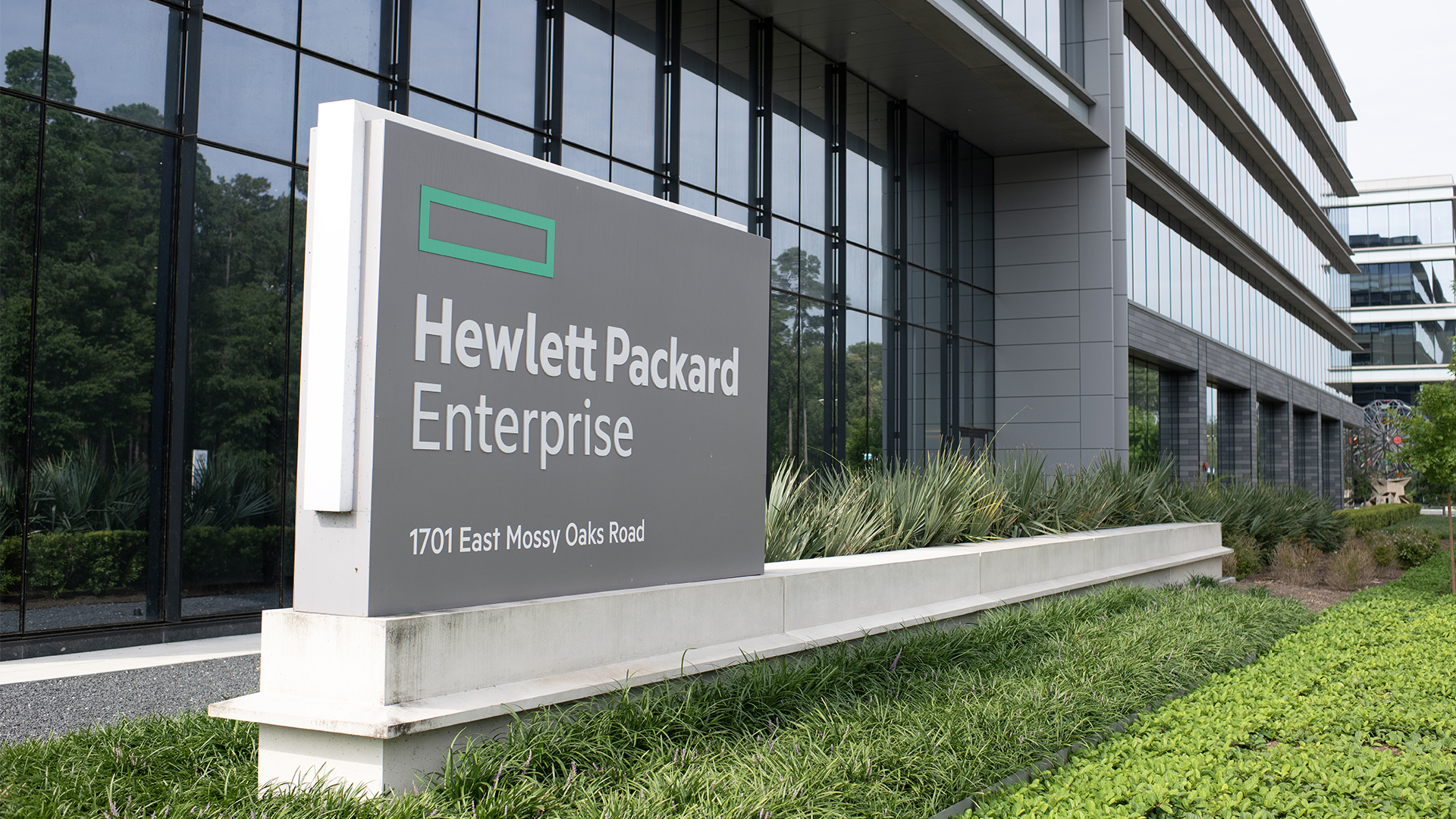 HPE's AI factory line just got a huge update
HPE's AI factory line just got a huge updatenews New 'composable' services with Nvidia hardware will allow businesses to scale AI infrastructure
-
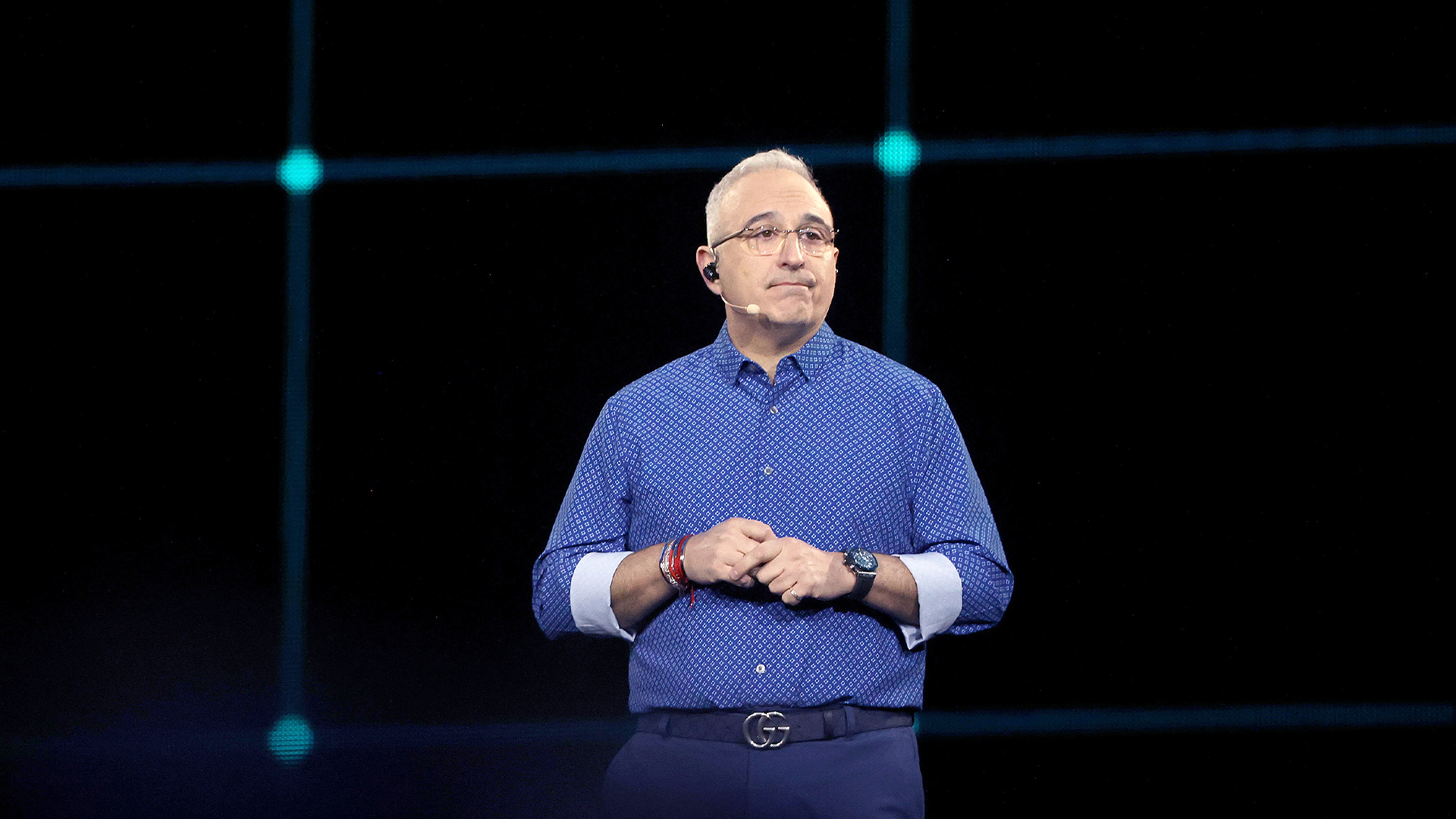 What HPE's results say about the direction of enterprise AI
What HPE's results say about the direction of enterprise AIAnalysis As with cloud computing, some companies value privacy over capacity
-
 Gaining timely insights with AI inferencing at the edge
Gaining timely insights with AI inferencing at the edgeWhitepaper Business differentiation in an AI-everywhere era
-
 Digital strategies in the era of AI
Digital strategies in the era of AIWhitepaper Businesses are on the cusp of a major paradigm shift
-
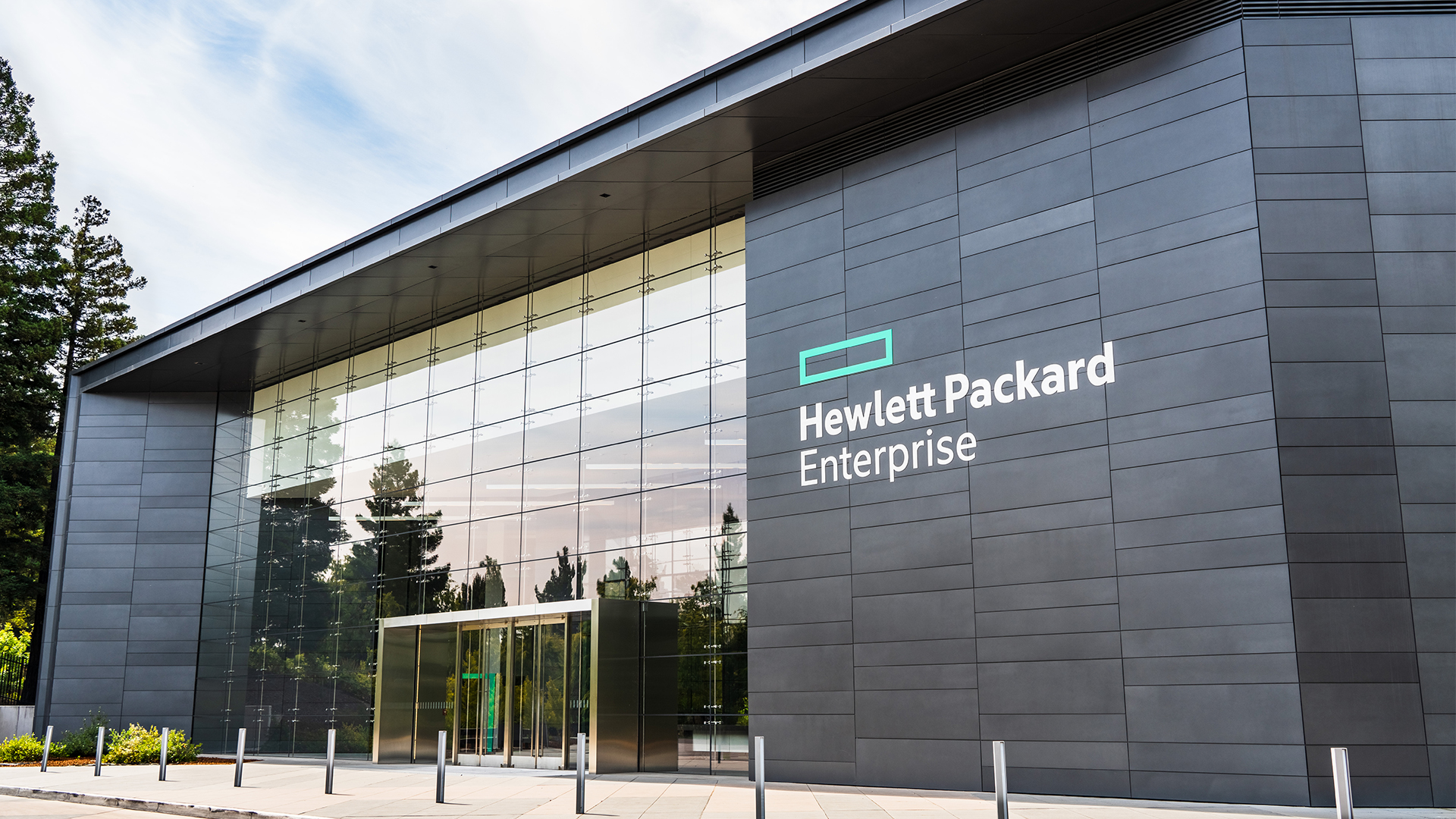 HPE’s AI and supercomputing journey continues with new Cray and Slingshot hardware
HPE’s AI and supercomputing journey continues with new Cray and Slingshot hardwareNews The company is also wooing MSPs and enterprises looking to roll out AI on-premises
-
 Scaling AI from pilot to production: Maximize AI impact with HPE & Intel
Scaling AI from pilot to production: Maximize AI impact with HPE & IntelWhitepaper Transform AI proof-of-concepts into full-scale implementations
-
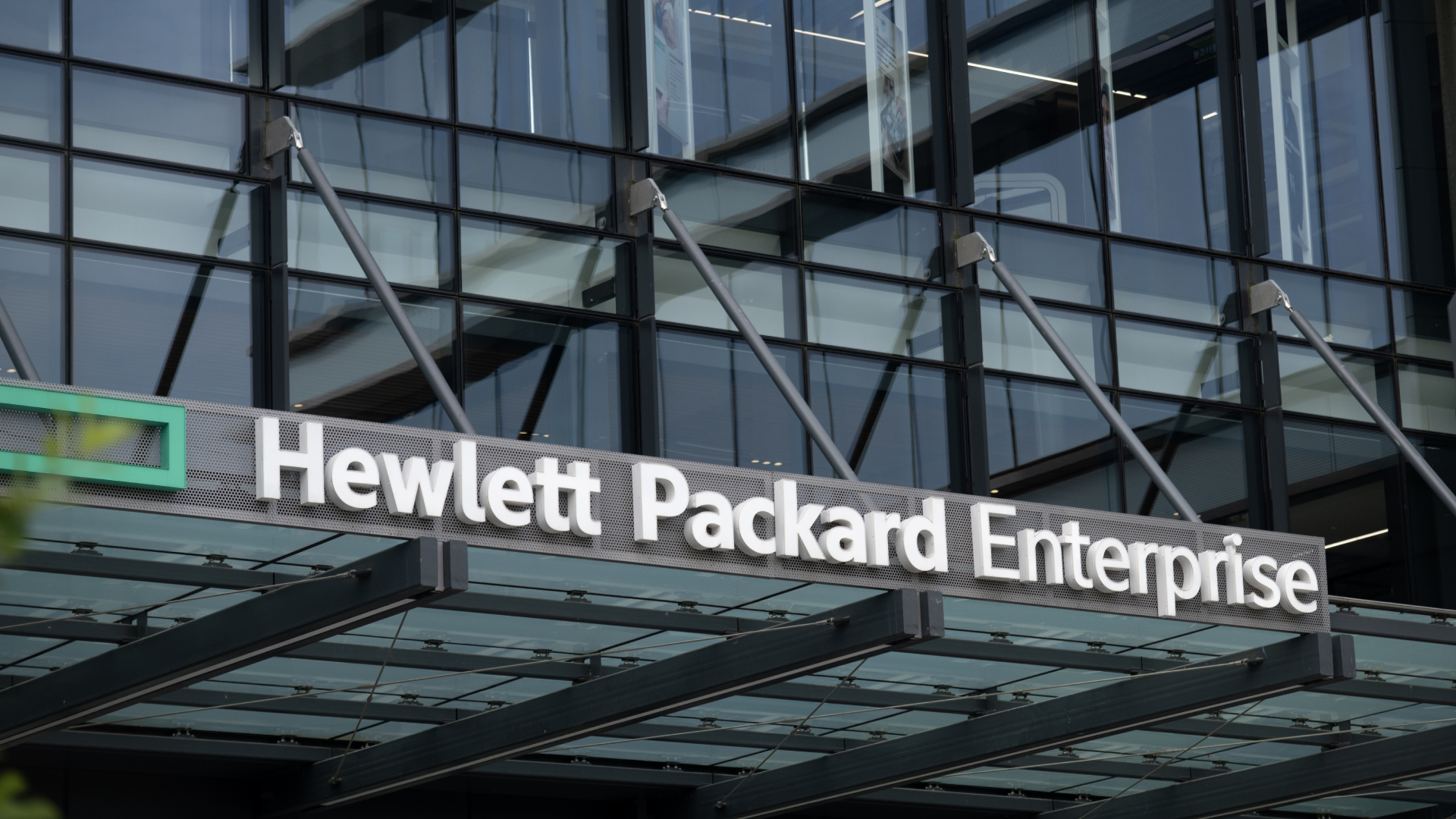 HPE’s ‘one-click AI solution’ for private cloud cuts project times from months to a ‘single moment’
HPE’s ‘one-click AI solution’ for private cloud cuts project times from months to a ‘single moment’News The new tools allow generative AI virtual assistants to be launched in seconds, using private data
